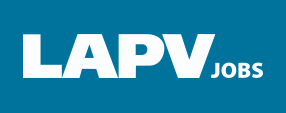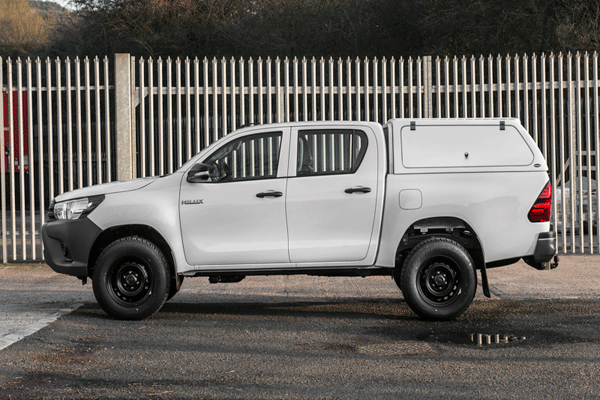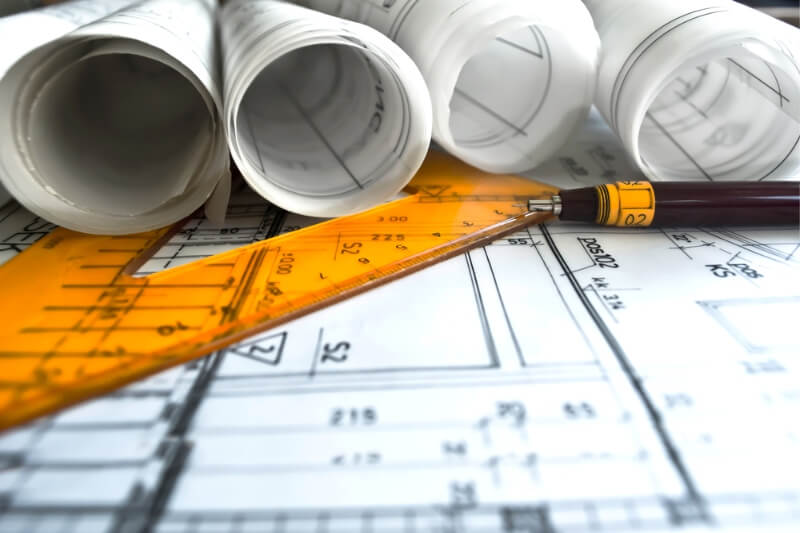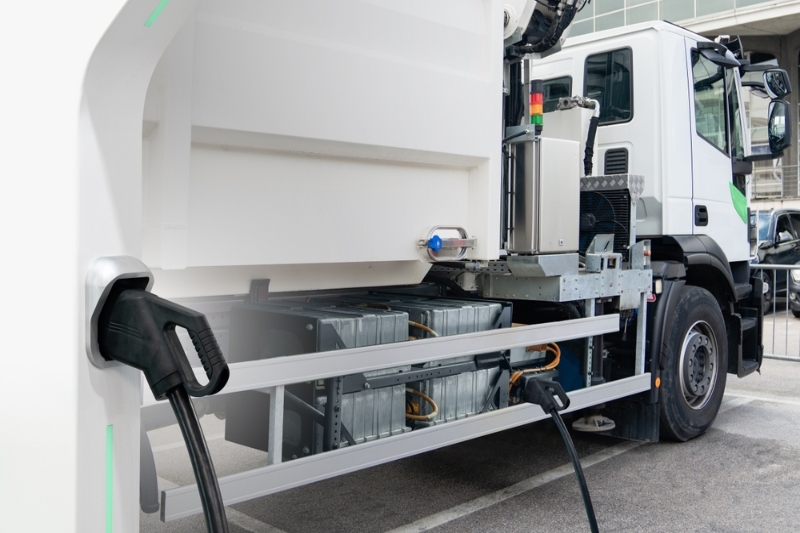'TRL welcomes the news that the UK Government will ban the sale of petrol and diesel vehicles from 2040. This is largely in line with the Government's existing commitment to almost entirely decarbonise the transport sector by 2050, which would have required that sale of new vehicles from 2040 are restricted to zero-emission capable vehicles.
'In order to achieve the 2050 commitment, it is vital that the government continues to support the public and the industry with policies that encourage purchasing of zero-emission-capable vehicles and a charging infrastructure strategy that maximises zero-emission driving potential.
'TRL's work is playing a critical role in generating understanding and evidence of Ultra Low Emission Vehicle (ULEV) consumer perception, usage and charging behaviours that will help to inform future polices and incentives. Our work is also identifying solutions for smart charging and demand-side management that will help address the potential challenges for electricity transmission and distribution networks due to increase in requirement for electric charging in the future.
'TRL also welcomes a more coordinated approach to restricting usage of diesel vehicles from 2020, in order to tackle the pollution from diesels and growing air quality concerns.
'Our work supports the need for central and coordinated action to support Local Authorities in implementing policies and schemes that are more far-reaching and ambitious than presently implemented for tackling pollution from diesel vehicles.
'Implementing these changes as early as possible is key to tackling the air quality issue quickly and mitigating negative impacts on human health.
'Actions on air quality should ideally be coordinated with the longer-term decarbonisation policies to ensure a clear message is being sent to the public and the broader industry'
Denis Naberezhnykh is TRL's Head of ULEV and Energy.
TRL is the global centre for innovation in transport and mobility. It was established in 1933 as the UK's Transport Research Laboratory and was subsequently privatised in 1996. Today, TRL has more than 1,000 clients across 145 countries, driving positive societal and economic benefit worldwide.







